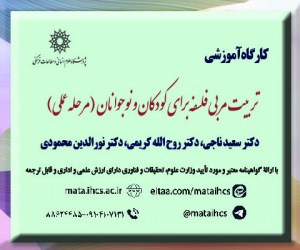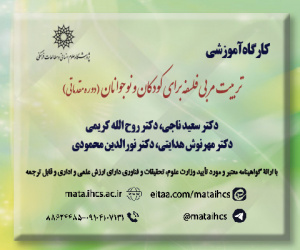مبانی نظری سیاست گذاری علم، فناوری و نوآوری از نگاه مکاتب علم اقتصاد (مقاله علمی وزارت علوم)
درجه علمی: نشریه علمی (وزارت علوم)
منبع:
سیاست علم و فناوری سال یازدهم تابستان 1398 شماره 2 (پیاپی 42) ویژه نامه جامع سیاست علم و فناوری
حوزه های تخصصی:
شماره صفحات:
۵۹ - ۷۰
دریافت مقاله
تعداد دانلود :
۷۶
آرشیو
چکیده
هدف اصلی این مقاله، بررسی تاریخی دوگان مرسوم اقتصاد نئوکلاسیک و اقتصاد تکاملی به عنوان دو مکتب اصلی علم اقتصاد در حوزه سیاست گذاری علم، فناوری و نوآوری و نقش این دوگان در اتخاذ سیاست های متفاوت توسعه فناوری است. مکاتب مذکور، رویکردها و چارچوب های تحلیلی متفاوتی را به کار می گیرند. در یک سو چارچوب های نظری اقتصاد نئوکلاسیک، با مفروضات بنیادی ای نظیر عقلانیت ابزاری و انتخاب عقلایی، امکان دستیابی به تعادل های بلندمدت، وجود بازار علم و فناوری و موارد مشابه دیگر پیکر بندی می شود. در مقابل، اقتصاد تکاملی که به صورت عام ناظر بر گستره ای از رویکردهای اقتصادی ناهمگن ولی منتقد مفروضات بنیادین اقتصاد نئوکلاسیک است در حوزه علم، فناوری و نوآوری دلالت های سیاستی خود را بر مفروضاتی نظیر عدم وجود یک تعادل بلندمدت در عرصه علم، فناوری و نوآوری و تمرکز بر موضوعاتی نظیر ظرفیت جذب و یادگیری به جای بازار علم و فناوری استوار ساخته است. مقاله پیش رو ضمن بررسی دقیق و تاریخی مفروضات نظری و چارجوب های مفهومی این دو دسته از مکاتب اقتصادی، سعی کرده دلالت های این تمایزات مبنایی را در عرصه سیاست گذاری بررسی نماید. نتایج حاکی از آن است که علی رغم وجود تفاوت های گسترده در خصوص مبانی نظری اقتصاد نئوکلاسیک و اقتصاد تکاملی، دلالت های سیاستی مکاتب اقتصادی مزبور در حوزه سیاست گذاری فناوری و نوآوری طی سال های اخیر به سمت همگرایی و مکملی بوده که این موضوع در ایران نیز به رغم وجود اختلافات نظری در عرصه سیاست گذاری تا حدود زیادی قابل مشاهده است.The Theoretical Foundations of Science, Technology and Innovation Policy from the View of Economic Schools
The historical study of duality between neoclassical economics and evolutionary economics as the two main schools of economics in the field of science, technology and innovation policy (STIP) and its role in adopting different technology development strategies are the main objective of this research. Each of these schools have different analytical approaches and frameworks. On the one hand, the theoretical frameworks of neoclassical economics are articulated with fundamental assumptions such as instrumental rationality and rational choice, the possibility of achieving long-term equilibrium, existence of the science and technology market, and so on. In contrast, the evolutionary economics, which is generally viewed as a heterogeneous group of economic doctrine that have fundamental critique on neoclassical economics, in its field of science, technology and innovation, focuses on policy implications like the absence of a long-term equilibrium in science, technology And innovation and focus on topics such as absorption and learning capacity instead of the science and technology market. In this framework, the present paper, by examining the exact and historical theoretical assumptions and conceptual frameworks of these two schools of economics, has tried to examine the implications of these distinctions in the field of policy. The results of this research show that, despite the wide variations in the theoretical foundations of neoclassical economics and evolutionary economics, the policy implications of these schools in the field of technology and innovation policy have become convergent and complementary in recent years. The issue in Iran, despite the differences of opinion, can be seen to a large extent in policy making.



